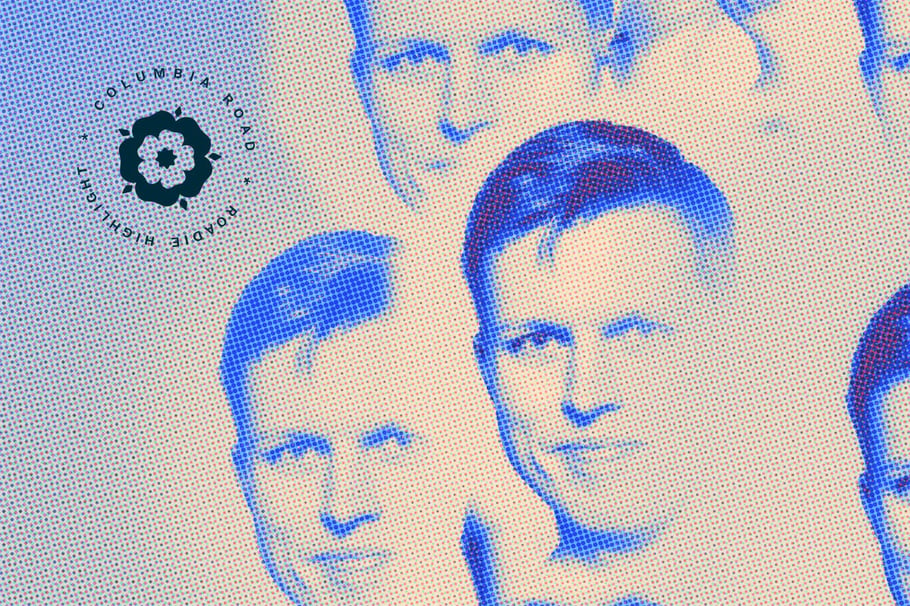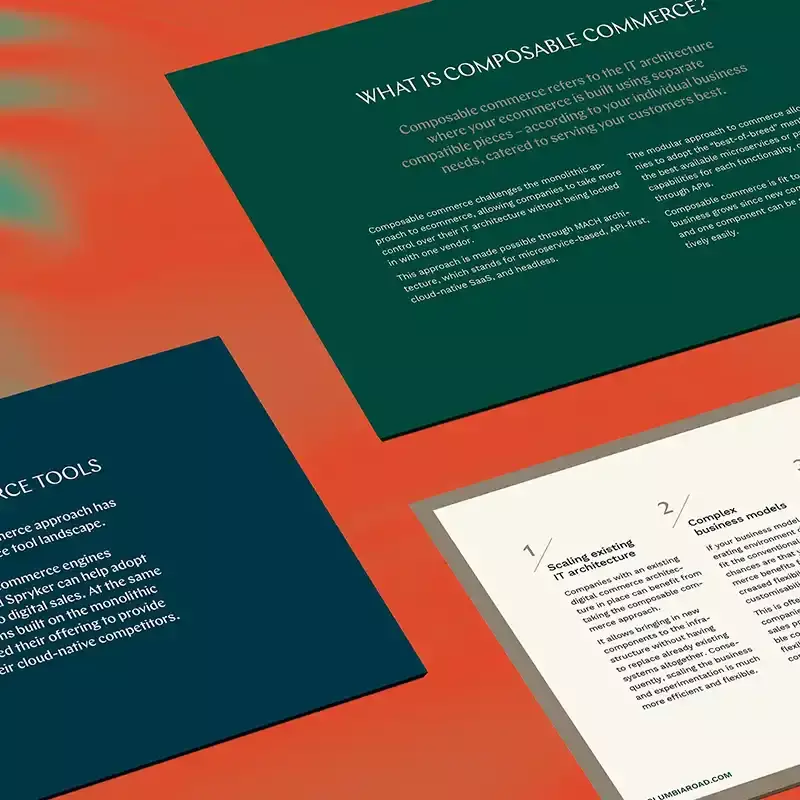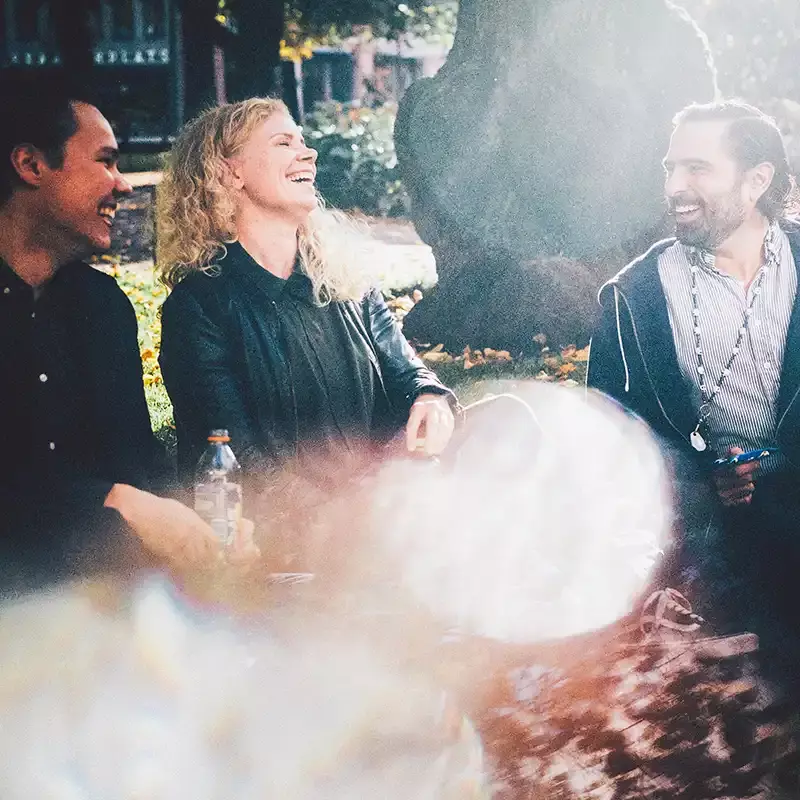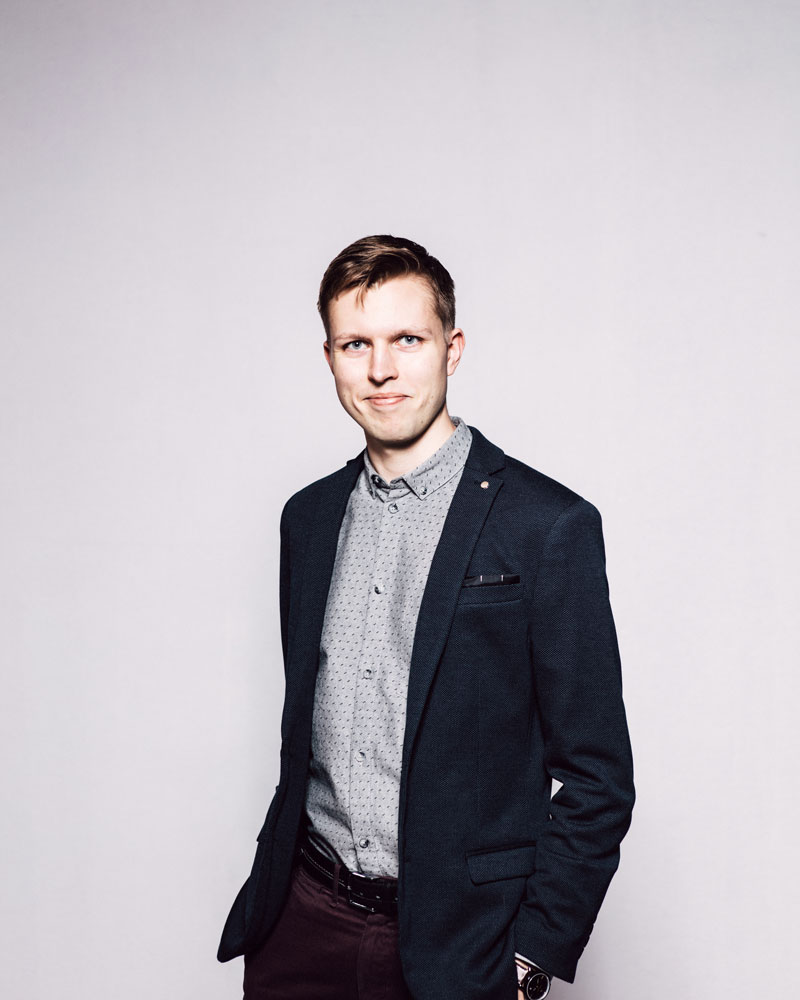The Data Handbook
How to use data to improve your customer journey and get better business outcomes in digital sales. Interviews, use cases, and deep-dives.
Get the book
If you're anything like me, you might have sometimes wondered whether it'll turn out to be a serious handicap to be too much of a jack of all trades, master of none. Perhaps at some point you've considered focusing on one of your main skills and leaving your other interests to the sidelines in order to build more competence and credibility in one area.
There's of course nothing wrong with focusing, but if you're only considering it because you feel you have to, I'm here to tell you you've got a choice. The past four years of consulting have convinced me there's a growing need for people who can't quite settle on just one thing they'd be most curious about. There are many ways to be a generalist, and here I'll describe one path that hopefully helps you find your own.
Start with one angle
When I joined Columbia Road four years ago, I did so as a designer. I didn't want to specify just one type of design I would do – like UI design or service design – and luckily those sorts of designations aren't necessary at Columbia Road. To me design is about solving problems with user-centricity, facilitated collaboration, and lots of 'why' questions as the main methods, so narrowing the scope to a specific type of design would feel artificial. Of course, I'm not saying I excelled at all aspects of design, but not imposing limits did allow me to carry projects from concepts to a live launch and beyond, and so enabled me to learn first hand about the different areas.
Right off the bat I got to design some interesting new webshops, for example the Oura website (which was especially nice as I was already eagerly expecting the delivery of my own pre-ordered Oura ring). Other projects led me to entirely different types of problems to solve, like helping a SaaS company figure out how they could transform their customer base, pricing model and onboarding methods from a handful of multi-million contracts to thousands of smaller clients. Another highlight was the chance to work with a fresh startup to concept a B2B marketplace connecting small businesses and various key service providers.
Find ways to contribute to other things you find interesting
Early on, alongside consulting, I took charge of building up Columbia Road's collaboration with relevant student organisations to get the best candidates for our summer associate program. Creating those relationships and slowly building a team to manage the increasing number of events and cooperation partners was a great learning experience in itself, but it was also a bridge to more participation in recruitment, which I've enjoyed doing in my previous jobs.
After a while it was natural to transition from aiming for a good number of quality applicants to aiming for the best junior recruits. This meant I started to reform and facilitate the associate program recruitment process, as well as interview the design candidates together with another designer. Later on I started to think about how our summer associates fare during their first months at Columbia Road, which gave me a chance to design a new complementary series of training and reflection sessions for their onboarding.
I also joined our design HR task force, which is a small team focused on facilitating learning and development, as well as handling recruitment and various HR matters for our designers.
All in all, I now spend about one day a week with recruitment, onboarding, and other HR-related work. Each transition towards this followed from finding a way to start contributing to relevant goals within the company, which I think is probably the best way to go about trying new things in general. Think about which goals you can contribute to, rather than which specific tasks you want to fill your weeks with.
Be vocal about what you'd like to learn
Even though I identify most as a designer, I'm always eager to learn more about how businesses work and plan the bigger picture. I've got earlier experience in sales and internationalisation efforts, and I wasn't ready to neglect those topics in my development.
Making sure people around me know about my learning goals has paid off in many ways so far. Among cases where I've worked as a designer, I've also gotten the chance to expand my skills in projects related to strategy work. In one such case I explored how a nordic corporation could enter a new field of business, and determined what its unique competitive advantages might be compared to existing players in that market.
Curiosity towards trying new things has also led me to work as a growth owner in an ongoing growth hacking project in the energy sector, as well as participating in selling projects to new clients whenever I have a bit of extra time. I think regardless of the type of company you work with, participating in sales activities can often be the quickest way to get some real insights and new perspective into your own work. It can also help you find new areas you could potentially contribute to and learn about within the company, as you get a glimpse into all the different ways your company aims to serve its clients' needs.
Don't worry too much about getting distracted
Focus is often useful, and there's certainly some appeal to being the best at one thing. But often the chances that seem somewhat irrelevant are the ones that I've learnt from the most.
A couple of years ago we started a collaboration with Aalto University to host a master's level course about growth hacking. Teaching growth hacking might feel quite far off from practising design, but it's like they say – teaching is the best way to learn. Not just about the subject and topic, but also about how to transfer knowledge and present information, which are crucial skills for any designer.
Another seemingly irrelevant chance was to research internationalisation approaches in preparation for Columbia Road's future expansions. Speaking to people who have expanded businesses to new markets for various companies turned out to be one of the most interesting ways to spend a summer (and a good topic for a thesis). Even though it doesn't easily and directly link back to design or consulting, the new aspects it made me consider will undoubtedly be there in the background whenever I try to understand a growing business or company in order to design something new for it.
I believe new ideas usually come by connecting insights from seemingly distant fields or separate disciplines, i.e. forming new connections between existing things. This thought has been repeated in different forms by many interesting people, e.g. Pareto and Jobs (side note: the 18th-century philosopher David Hume, whose Treatise of Human Nature we recently read at Columbia Road philosophy club, also had interesting ideas related to this).
I take it to mean that getting distracted and sidetracked is more likely to improve your thinking in the long run than a narrower focused effort. So, if you're interested in topics that don't quite seem to align, don't worry about focus and see if you can get glimpses of all of them one way or another.
Are you a curious generalist too?
If this made you feel like you'd love to broaden your skills, don't hesitate to be in touch! We're always looking for new Roadies to work with us. Take a peek at our open positions and send an application 👇
The Data Handbook
How to use data to improve your customer journey and get better business outcomes in digital sales. Interviews, use cases, and deep-dives.
Get the book




